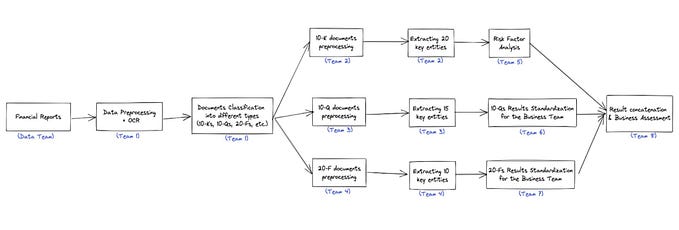Course correction

“If you’re good at course correcting, being wrong may be less costly than you think, whereas being slow is going to be expensive for sure” — Jeff Bezos
This is a very profound statement that had me thinking recently. If, in a given context, you or your company are good at recognizing your errors, figuring our a better way, and quickly executing out the change plan, errors tends to be nothing more than bumps on the road to success. Making many small mistakes along the way turn out to be learning opportunities, each attempt bringing out progress on an exponential learning and growth curve. There are entire entrepreneurship (Lean Startup) and coding (Agile) methodology based on this philosophy.
On the other hand, being slow (subtitle : carefully studying and pondering before any move, trying to avoid as much as possible to avoid errors) does not bring out the same cumulative learning and progress. You take one shot, perhaps with a better unitary odd, but with a lower aggregate chance of success.
Thought 1 : this works only in environments where cost of failure is much, much lower than potential reward from success. Hence startups can “pivot” more easily than nuclear power plant operators.
Thought 2 : the corollary is that if you are NOT good at correcting course, then the equation is reversed. Making many changes turn out vastly more improductive than doing a bit of research and not reacting impulsively. People who dab in cryptocurrency investing call it the HODL mentality : if you try to play the Wall Street trader, but don’t know the tricks of the game, you are going to end up doing costly mistakes, and be less successful than someone who does serious initial research, buys and forgets his investment.
Thought 3 : knowing whether, in a given context, you are good or bad at course correcting, is critical. But how do you know? It requires self awareness, reflective critical thinking, humility… This is hard.
Thought 4 : being able to change course quickly and efficiently (from recognizing the problem to implementing a change) is therefore a profitable and useful skill to cultivate, at a personal level or within a business. But 2) and 3) makes me think that it is not the only viable strategy.
=> New formulation : “In a given context, if you are good at course correcting and mistakes are relatively inexpensive, being wrong is less risky than being slow. Otherwise, it is good to take some time to think instead of changing frequently.”








